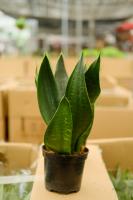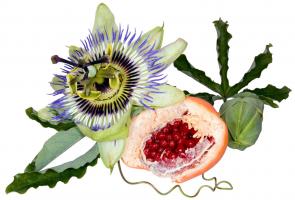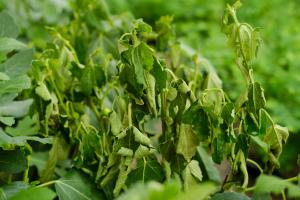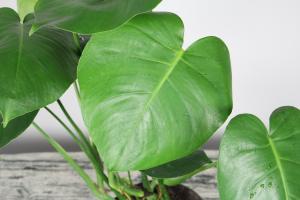Introduction
Perennial plants are an important type of vegetation that is often associated with gardening, landscaping, and agriculture. These plants are known for their longevity, and they can survive for several years or even for decades. In this article, we will uncover what perennial plants are and explore some of their unique characteristics.
What is a Perennial Plant?
A perennial plant is a type of plant that lives for more than two years. Unlike annual plants that complete their life cycle in one growing season, perennial plants can regrow from their roots, bulbs, or stems after a period of dormancy during seasonal changes. These plants are known for their ability to adapt to their environment and can be found in a wide range of climates and soil types. Some common examples of perennial plants include trees, shrubs, and herbaceous plants like flowers, fruits, and vegetables.
Unique Characteristics of Perennial Plants
Perennial plants have many unique characteristics that distinguish them from other types of plants. One of the most notable features is their longevity, which allows them to grow and develop for many years. Additionally, perennial plants are often more hardy and resilient than annual plants, and they can withstand harsh environmental conditions, such as drought or extreme temperatures.
Another key characteristic of perennial plants is their ability to store nutrients and energy in their roots, bulbs, or stems during periods of dormancy. This energy storage allows the plant to survive and regrow when growing conditions improve. Furthermore, perennial plants often have a deeper root system than annual plants, which enables them to reach deeper soil layers and access more nutrients and water.
Benefits of Perennial Plants
Perennial plants provide many benefits to the environment and to humans. These plants help to prevent soil erosion, enhance soil fertility, and maintain ecosystem stability. Additionally, perennial plants are often used for landscaping purposes because of their longevity and low maintenance requirements.
Perennial plants also provide a source of food and medicine for humans. Many fruits and vegetables are perennial plants, such as strawberries, raspberries, and asparagus. Furthermore, some herbs and medicinal plants like echinacea and ginseng are perennial plants that have been used for centuries to treat various ailments.
Conclusion
In conclusion, perennial plants are a unique and important type of vegetation that plays a vital role in the ecosystem and in human society. These plants are known for their longevity, hardiness, and ability to store nutrients and energy. Whether used for landscaping, agriculture, or medicinal purposes, perennial plants offer many benefits and are a valuable addition to any environment.

 how many times do yo...
how many times do yo... how many planted tre...
how many planted tre... how many pine trees ...
how many pine trees ... how many pecan trees...
how many pecan trees... how many plants comp...
how many plants comp... how many plants can ...
how many plants can ... how many plants and ...
how many plants and ... how many pepper plan...
how many pepper plan...






























